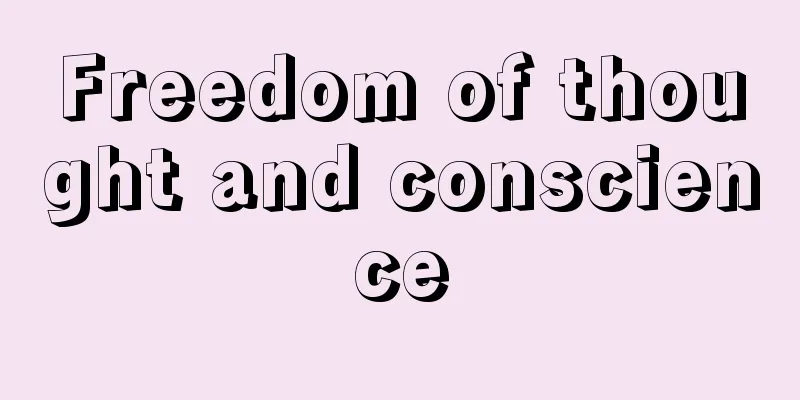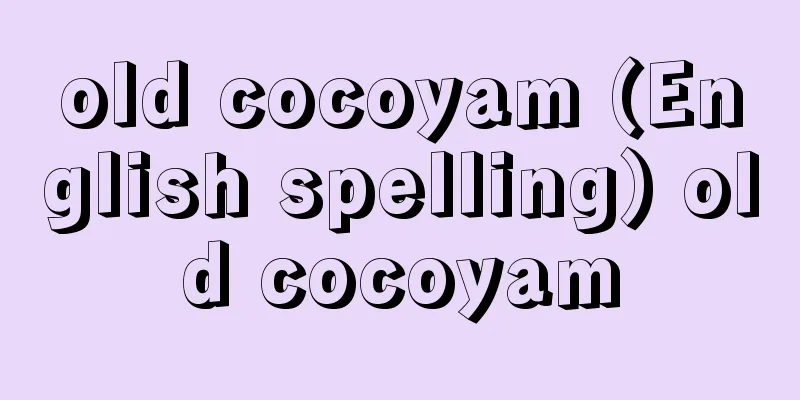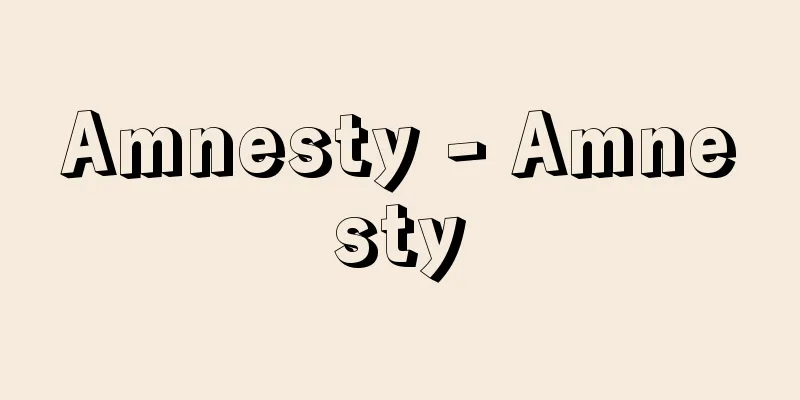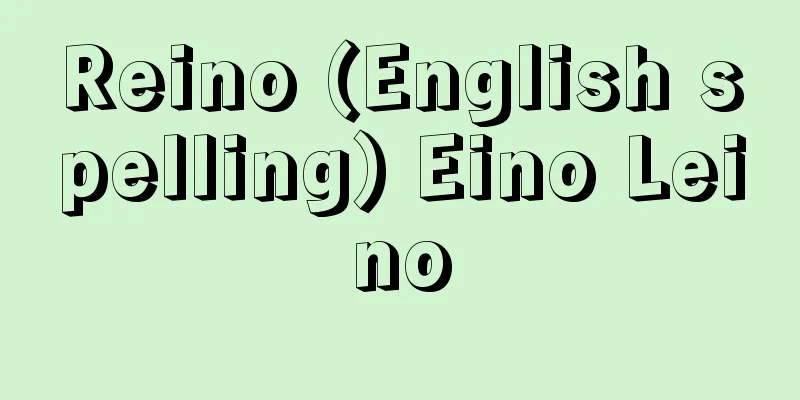Freedom of thought and conscience

|
The freedom of belief is guaranteed in the Constitution (Article 19) by stating that "Freedom of thought and conscience shall not be violated." Both "thought" and "conscience" are extremely vague concepts, making such a provision in the Constitution unusual. Since "freedom of religion" (Article 20) is provided for religious spiritual activity, "academic freedom" (Article 23) is provided for the pursuit of truth, and "freedom of expression" (Article 21) is provided for the dissemination of these, some see the "freedom of thought and conscience" as an unnecessary provision that sticks to the terminology of the Potsdam Declaration (Article 10). However, many people interpret it as a general provision for freedom of belief, or as a provision that guarantees value judgments such as unsystematic morality and worldviews. It may be true that there is no point in making a declaration and guaranteeing a purely internal matter, but in reality, there are many cases where those in power force people to reveal their inner thoughts and then impose disadvantages on them, as in the case of the fumie test, and because the Imperial Rescript on Education, which preaches loyalty and filial piety, is considered to have restricted the values of the people, the unique meaning of "freedom of thought and conscience" is recognized and interpreted. Therefore, it is often raised as a freedom of silence (for example, the Ishii case over the concealment of sources, the judgment on the forced publication of an apology advertisement, the Mitsubishi Plastics case over falsehoods in personal records, and the forced disclosure of political party affiliation). This is understood to be different from the "conscience of judges" stipulated in Article 76, paragraph 3 of the Constitution. [Takao Sasaki] Source: Shogakukan Encyclopedia Nipponica About Encyclopedia Nipponica Information | Legend |
|
憲法(19条)に「思想及び良心の自由は、これを侵してはならない」と保障された内心の自由。「思想」も「良心」もきわめて漠然とした概念であり、このような憲法の規定は珍しい。宗教的な精神活動には「信教の自由」(20条)が、真理の探求には「学問の自由」(23条)が、そしてそれらの伝達には「表現の自由」(21条)がそれぞれ用意されているために、「思想及び良心の自由」には、ポツダム宣言(10項)に用語上こだわった無用な規定との見方もある。しかし、それを内心の自由の総則規定と解したり、体系化されていない道徳・世界観といった価値判断に対する保障規定ととらえる見解が多い。確かに純然たる内心の問題について、それをわざわざ宣言して保障する意義はないともいえそうであるが、現実には踏絵のように、しばしば権力者が内心を強引に披瀝(ひれき)させたうえで不利益を課す例が多く、また忠孝を説く教育勅語が国民の価値観を束縛したと考えられているために、「思想及び良心の自由」に独自の意義を認めて解釈するのである。したがって、それは沈黙の自由として問題提起されることが多い(たとえば、取材源の秘匿(ひとく)をめぐる石井記者事件、謝罪広告の強制に関する判決、身上調書に記された虚偽をめぐる三菱(みつびし)樹脂事件、所属政党の開陳を強制した事件など)。なお、これは憲法第76条第3項に規定された「裁判官の良心」とは別物と理解されている。 [佐々木髙雄] 出典 小学館 日本大百科全書(ニッポニカ)日本大百科全書(ニッポニカ)について 情報 | 凡例 |
<<: Ideological reform - Shiso Kaizo (English spelling)
>>: Jizo auspicious picture scroll - Jizo engi emaki
Recommend
Flathead - Flathead
A species of marine fish in the family Platycephal...
marginal productivity theory
...Both of the above theories were developed with...
Fairy maiden - Otogibouko
A collection of supernatural stories by Azai Ryoi...
Nonelectrolyte
…However, this classification is not necessarily ...
Western Electric Co.
The world's largest manufacturer of communicat...
Martin Schongauer
German painter and printmaker. The exact year of ...
Mamushi (Viper) - Mamushi
A general term for dangerous venomous snakes in th...
vampirism
…However, it was practiced extensively in medieva...
Reggio nell'Emilia
It is the capital of the province of the same name...
sudden outbreak
…Also called an abnormal outbreak. There are two ...
Court summary - Saibanshosho
An imperial law book from the early Kamakura perio...
Laminaria longissima (English spelling) Laminarialongissima
…[Yoshiharu Iijima]. … *Some of the terminology t...
Xia (late Sui) - K
…He was a powerful local farmer with experience a...
Chalcedony
A mineral made of very fine granular or fibrous q...
Shiramizu [village] - Hakusui
A village in Aso County in the northeastern part o...









